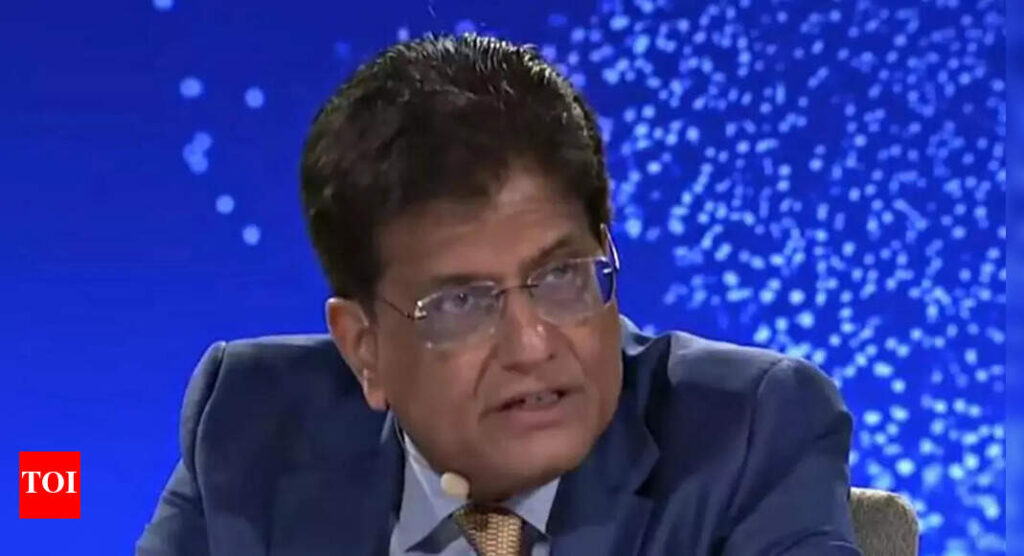
Commerce Minister Piyush Goyal has criticized what he describes as the Western nations’ double standards regarding Russian oil sanctions, specifically calling out Germany and the United Kingdom for seeking exemptions. Speaking at the Berlin Global Dialogue, Goyal emphasized India’s commitment to an independent trade policy, asserting that the country will not be coerced into signing trade agreements under external pressure.
Goyal’s remarks come amid ongoing international discussions about trade and sanctions. He highlighted the hypocrisy of some Western nations, which, he claims, are seeking to bypass U.S. sanctions on Russian oil while scrutinizing India for its own trade decisions. “The decision to buy a particular product from a country is something that the entire world will have to take a call on,” he stated.
India’s Independent Trade Stance
During the dialogue, Goyal was questioned about India’s approach to securing sustainable trade agreements under conditional terms. He reiterated that India’s choice of international partners is driven by national interests alone. “External pressures attempting to restrict India’s relationships with any country are unacceptable,” he said, reinforcing India’s stance on maintaining sovereignty in its trade policies.
Goyal’s comments are particularly significant in light of the Donald Trump administration’s previous imposition of a 50% tariff on Indian exports, alongside a 25% additional import levy on Russian crude oil. These tariffs have prompted India to explore alternative markets and trade partnerships.
Western Nations’ Exemptions and India’s Response
The minister pointed out that Germany has requested exemptions from U.S. sanctions on Russian oil, while the UK has reportedly secured similar exemptions. “I was reading in today’s paper, Germany is asking for an exemption from US sanctions on oil…The UK already has sorted or probably got an exemption for procuring oil from the US…,” Goyal noted, questioning why India is being singled out in similar circumstances.
When UK Minister of Trade Chris Bryant attempted to justify the exemptions for a subsidiary firm of Rosneft, Goyal countered by highlighting that India also has a subsidiary of the same firm. “Why single India out…,” he questioned, underscoring the perceived inequity in the application of sanctions.
Implications for Global Trade
The discussion at the Berlin Global Dialogue underscores the broader implications of global trade dynamics and the complexities of international sanctions. The European Union has also enacted a prohibition on importing fuels manufactured from Russian crude oil, effective January 2026, further complicating the geopolitical landscape.
Goyal’s statements reflect India’s strategic approach to navigating these challenges, as the country remains in active discussions with both the EU and the U.S. regarding potential trade agreements. “…But we do not do (trade) deals in a hurry and we do not do deals with deadlines or with a gun to our head,” he firmly stated, emphasizing India’s methodical and deliberate decision-making process.
Looking Ahead
As global trade tensions continue to evolve, India’s position on Russian oil and its broader trade strategy will likely remain a focal point in international discussions. The country’s commitment to independent trade policies may influence its future relationships with key global players.
In the coming months, observers will be watching closely to see how India’s trade negotiations with the EU and the U.S. unfold, and whether the country can successfully navigate the complex web of international sanctions and trade agreements.






